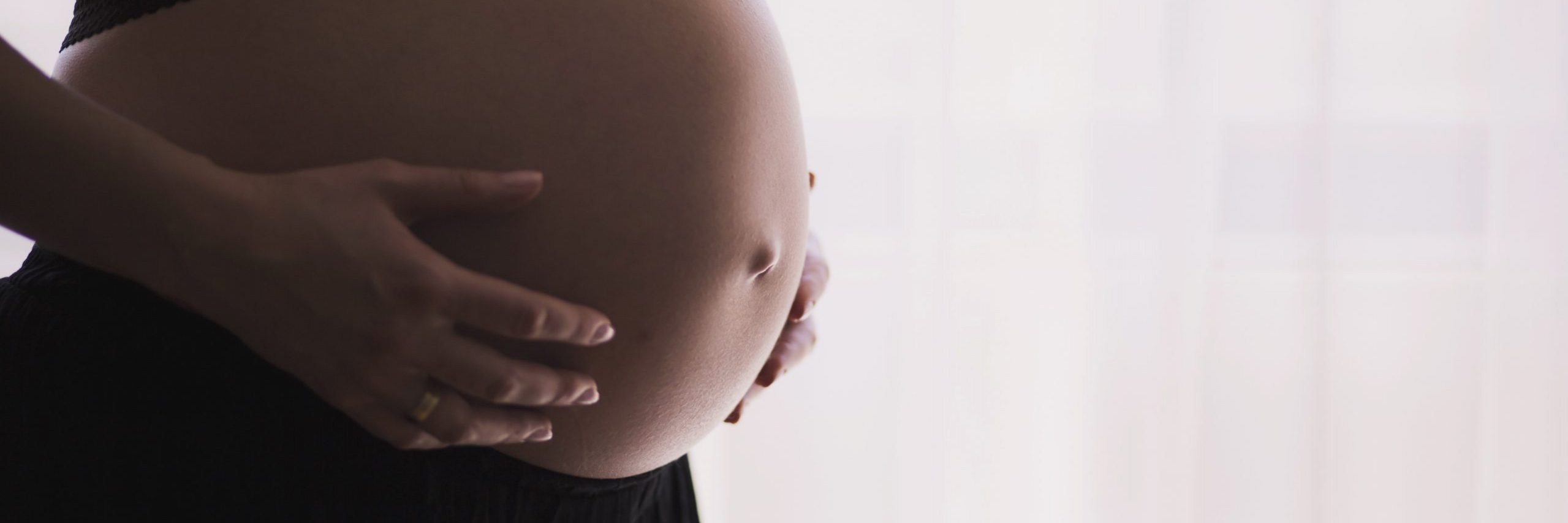The British Medical Journal has published a study showing that two doses of COVID-19 vaccines during pregnancy provide effective protection for infants for up 16 weeks after birth. Source: Joanna Malinowska/Freestocks
A Canadian study published by the British Medical Journal has found that at least two doses of a COVID-19 vaccine during pregnancy appear effective in protecting infants against the delta COVID variant and moderately effective against omicron. The vaccinations also appear to reduce the risk of hospital admissions for the babies in the study.
It is noted that COVID-19 cases in infants is mild, the rate of illness and hospital admission is slightly higher compared to older children — particularly in the first month after birth or if the COVID-19 infection is complicated by other conditions.
Currently, the Australian Technical Advisory Group on Immunisation (ATAGI) only recommends children aged 6 months to 5 years be vaccinated if they have a condition that increases the risk of severe COVID-19.
Currently, no COVID-19 vaccines are licenced for children under 6 months old.
In the study by the British Medical journal, immunisation is passed from parent to child through a process known as ‘passive-immunity.’ Antibodies are passed to the child through the placenta, and then breastmilk after birth.
The study included 8,809 infants in its main analysis. The results show that two COVID-19 vaccinations during pregnancy were 95% effective against infection by delta, and 97% effective against hospital admission caused by delta.
The effectiveness against omicron was 45% against infection, and 53% against hospitalisation. However, a third vaccination during pregnancy improved those figures to 73% and 80% respectively.
Notable is that the effectiveness of the vaccinations still significantly waned. For two doses measured against Omicron, the effectiveness fell from 57% from birth to eight weeks, down to 40% after 16 weeks of age.
A single dose of a COVID-19 vaccine during pregnancy also reduced the protection against infection for infants, at 81% for delta and 30% for omicron.
However, while the study suggests that maternal vaccination is effective against COVID-19, the British Medical Journal acknowledges that, “more studies are needed to better inform vaccination recommendations in an evolving landscape of new SARS-CoV-2 strains and novel vaccines.”
The British Medical Journal also notes that this is an observational study. As such, unmeasured factors, such as breastfeeding, may have differed between the infants of vaccinated or unvaccinated mothers in the study, potentially affecting results. The study also makes no comparisons between COVID-19 vaccinations during pregnancy, and immunity from infection by COVID during pregnancy.
The full study can be read here.





